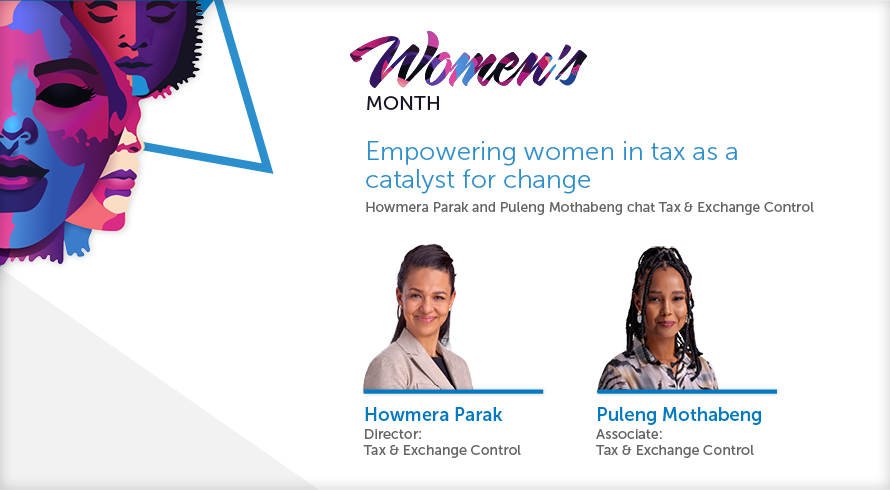AI Regulation in South Africa and the global regulatory trends
In 1942, the American writer Isaac Asimov set out “The Three Laws of Robotics” in his science-fiction story known as “I, Robot”. The Three Laws of Robotics are:
(1) A robot may not injure a human being or, through inaction, allow a human being to come to harm (the “First Law”);
(2) A robot must obey orders given to it by human beings except where such orders would conflict with the First Law (the “Second Law”); and
(3) A robot must protect its own existence as long as such protection does not conflict with the First or Second Law (the “Third Law”).
Despite this fictional set of laws, are there actually any laws that regulate robots and, specifically, AI in South Africa?
Firstly, what is AI?
“AI” or “artificial intelligence” is essentially a computer or software system that uses algorithms to make it possible for machines to learn from experience, adjust to new inputs and perform or simulate human-like behaviour or tasks.
How should AI be governed?
This is an issue which policymakers around the world are currently facing and grappling with – how does one regulate AI without stunting its possibilities?
Firstly, it is worth noting that “regulation” broadly refers to a rule or directive made and maintained by an authority which controls an activity or process. Secondly, there is no universally agreed definition or understanding of what AI is which makes it incredible difficult to regulate. It is for this reason that the main issue, globally, is that policymakers do not understand AI and as such have been reluctant to regulate it. And in many instances as the saying goes, no regulation is better than bad regulation.
In the face of this conundrum, the general approach is for countries to adopt national AI “strategies” - each of which focuses to a varying degree on research, talent development, education, ethics, standards, regulation and infrastructure to name a few.
At present of the 23 countries that at have formally adopted national AI strategies, there are only two African nations on that list – Kenya and Tunisia.
Are there any specific laws relating to AI in South Africa?
South Africa has not yet formalised any policy documents or entered bills to parliament for the regulation of AI. However, in April 2019, the President appointed members to the Presidential Commission on the Fourth Industrial Revolution (4IR Commission), which will assist the government in taking advantage of the opportunities presented by the digital industrial revolution. The task of the 4IR Commission, which will be chaired by the President, is to identify relevant policies, strategies and action plans that will position South Africa as a competitive global player. This suggests that the government is committed to adopting strategies to equip South Africa for the Fourth Industrial Revolution. The recently appointed Communications Minister Stella Ndabeni-Abrahams welcomed the first 4IR Commission meeting on Saturday, 8 May 2019. Ndabeni-Abrahams said that the 4IR Commission has committed to produce the strategy document to guide South Africa’s 4IR vision by March 2020. This will be preceded by a broad consultative process with relevant stakeholders.
Although there are no specific laws regulating AI in South Africa, AI is regulated under existing legal principles in several ways which we shall explore in a series of publications.
The information and material published on this website is provided for general purposes only and does not constitute legal advice. We make every effort to ensure that the content is updated regularly and to offer the most current and accurate information. Please consult one of our lawyers on any specific legal problem or matter. We accept no responsibility for any loss or damage, whether direct or consequential, which may arise from reliance on the information contained in these pages. Please refer to our full terms and conditions. Copyright © 2025 Cliffe Dekker Hofmeyr. All rights reserved. For permission to reproduce an article or publication, please contact us cliffedekkerhofmeyr@cdhlegal.com.
Subscribe
We support our clients’ strategic and operational needs by offering innovative, integrated and high quality thought leadership. To stay up to date on the latest legal developments that may potentially impact your business, subscribe to our alerts, seminar and webinar invitations.
Subscribe




